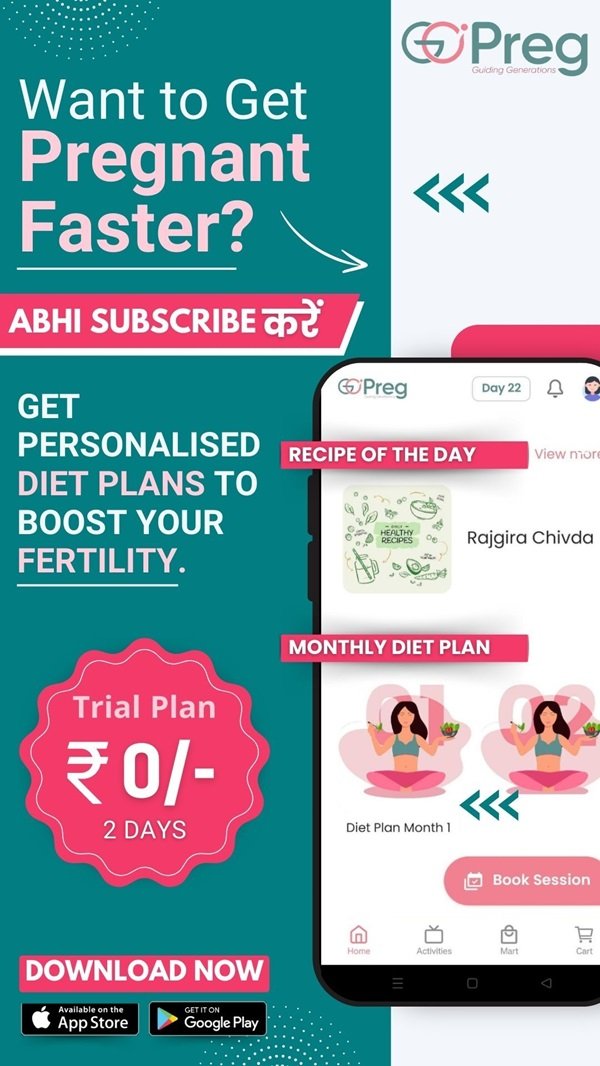Pregnancy and Age: Everything You Need to Know for a Healthy Journey

Pregnancy is a life-changing journey, and one of the key factors that can impact both conception and pregnancy health is age. Whether you’re in your 20s, 30s, or 40s, each stage of life brings its own unique challenges and benefits when it comes to starting a family. In this blog, we’ll explore the relationship between pregnancy and age, the effects on fertility, potential risks, and tips to ensure a healthy pregnancy at any age.
1. Pregnancy in Your 20s
Your 20s are considered the optimal time for pregnancy from a biological perspective. During this period, fertility is at its peak, and there’s a lower risk of pregnancy complications.
- Fertility: Women in their 20s have the highest number of healthy eggs, and ovulation tends to be more regular. This increases the likelihood of conceiving naturally.
- Pregnancy Health: There’s a lower risk of developing pregnancy-related complications such as gestational diabetes, high blood pressure, and chromosomal abnormalities in the baby.
- Emotional Preparedness: While biologically it may be the best time, emotional and financial readiness should also be considered before starting a family.
Tips for a Healthy Pregnancy in Your 20s:
- Focus on a balanced diet and prenatal vitamins.
- Maintain a regular exercise routine to support physical and emotional health.
- Schedule regular prenatal checkups to monitor the baby’s development.
2. Pregnancy in Your 30s
Many women choose to delay pregnancy until their 30s due to career or personal reasons. While fertility may begin to decline slightly, the chances of having a healthy pregnancy are still high in this decade.
- Fertility: Fertility starts to decrease after the age of 30, with a more significant decline around age 35. However, many women still conceive naturally and have healthy pregnancies in their early and mid-30s.
- Pregnancy Health: After 35, the risk of certain pregnancy complications, such as gestational diabetes, preeclampsia, and chromosomal disorders (like Down syndrome), increases. Regular prenatal care is crucial to managing these risks.
- Emotional Readiness: Many women in their 30s feel more emotionally and financially stable, which can positively impact their pregnancy journey.
Tips for a Healthy Pregnancy in Your 30s:
- Prioritize regular health checkups and prenatal screenings.
- Manage stress through relaxation techniques like yoga, meditation, or prenatal massage.
- Consider fertility preservation options, such as egg freezing, if you’re not ready to conceive yet but want to keep your options open.
3. Pregnancy in Your 40s
Pregnancy in your 40s has become more common with advances in fertility treatments and healthcare, but it does come with some additional challenges and risks.
- Fertility: After 40, fertility declines significantly, and many women may need assisted reproductive technologies (ART) like IVF to conceive. While natural conception is still possible, the chances are lower compared to earlier years.
- Pregnancy Health: Women in their 40s face an increased risk of complications such as high blood pressure, gestational diabetes, miscarriage, and preterm birth. Babies born to mothers over 40 also have a slightly higher risk of chromosomal abnormalities.
- Emotional and Physical Preparedness: Older parents often bring maturity and life experience to parenthood, but it’s important to stay physically healthy to handle the demands of pregnancy and raising a child.
Tips for a Healthy Pregnancy in Your 40s:
- Consult with a fertility specialist to explore your options if you’re having difficulty conceiving.
- Work closely with your healthcare provider to monitor any potential pregnancy complications.
- Focus on a healthy diet rich in folic acid, iron, and calcium to support both your health and your baby’s development.
4. How Age Affects Fertility
As women age, the number and quality of eggs decrease, which can make conception more challenging. Here’s a breakdown of how fertility typically changes with age:
- In Your 20s: Fertility is at its peak, with about a 20-25% chance of conceiving each month.
- In Your 30s: By age 35, fertility starts to decline, with about a 15-20% chance of conceiving each month.
- In Your 40s: By age 40, the chances of conceiving each month drop to around 5%, and the risk of miscarriage or complications rises.
5. Tips for a Healthy Pregnancy at Any Age
No matter your age, there are steps you can take to increase your chances of having a healthy pregnancy:
- Regular Checkups: Schedule regular visits with your healthcare provider to ensure both your health and the baby’s development are monitored throughout pregnancy.
- Balanced Diet: A diet rich in vitamins, minerals, and nutrients like folic acid, iron, and calcium is essential for both mother and baby.
- Exercise: Staying active during pregnancy can help improve mood, energy levels, and physical stamina. Always consult your doctor before starting any exercise routine.
- Mental Health: Pregnancy can be emotionally taxing at any age. Make sure to prioritize your mental health by seeking support from loved ones, counseling, or pregnancy support groups.
6. How the GoPreg App Can Support You
No matter your age or stage in the pregnancy journey, the GoPreg App is designed to support women through pre-pregnancy, pregnancy, and beyond. With expert advice, personalized plans, and tools to monitor your baby’s growth and your own health, GoPreg is your trusted companion for a healthy pregnancy journey.
- Pre-Pregnancy Planning: Whether you’re in your 20s, 30s, or 40s, the app offers tips on fertility health, nutrition, and lifestyle changes to help you conceive.
- Garbhsanskar and Emotional Well-Being: Our Garbhsanskar feature provides age-old practices blended with modern advice to support emotional and physical well-being during pregnancy.
- Tracking and Support: With features to track your baby’s growth, monitor your emotions, and provide you with expert seminars, the GoPreg App is a valuable resource for expecting mothers at any age.
Conclusion
Age plays an important role in pregnancy, but it doesn’t have to define your journey. With proper planning, healthcare, and support, women can have healthy pregnancies at any stage of life. Whether you’re in your 20s, 30s, or 40s, understanding how age impacts fertility and pregnancy health can empower you to make informed decisions.
If you’re planning to start your pregnancy journey, download the GoPreg App today for expert guidance, personalized pregnancy plans, and emotional support every step of the way.



